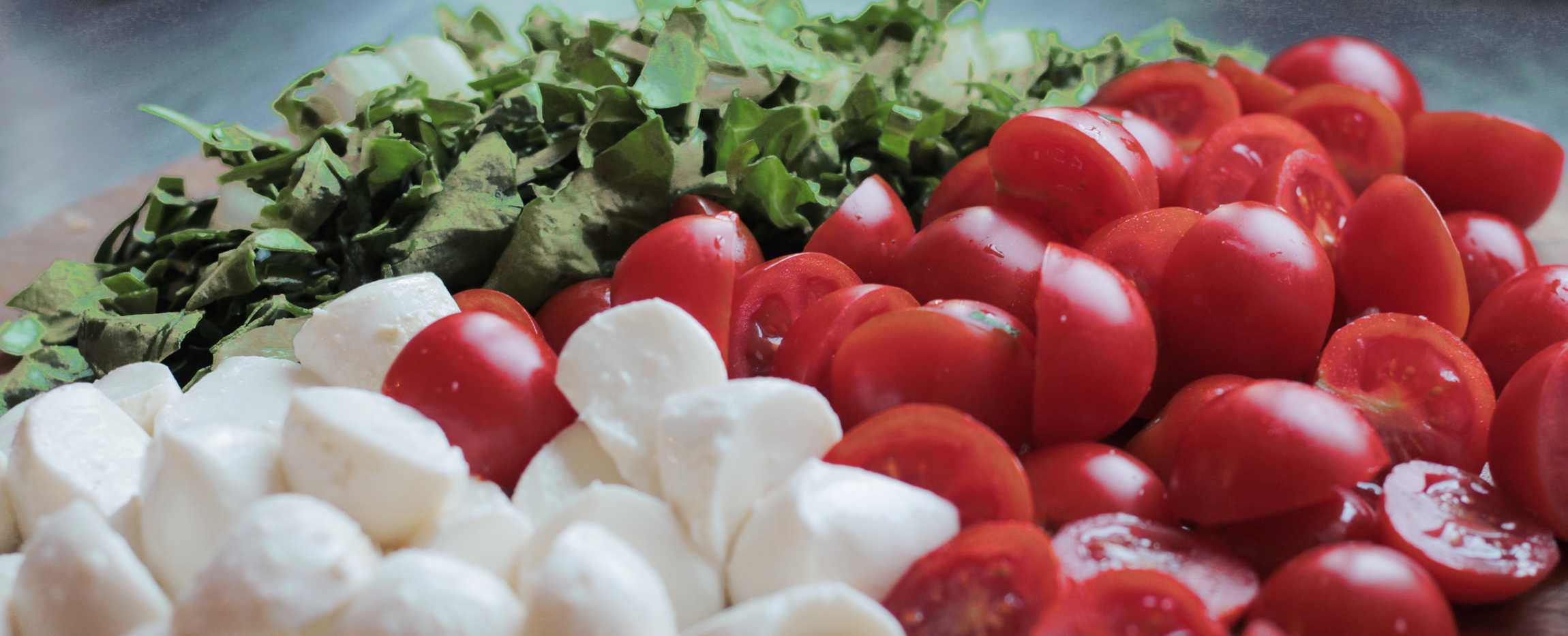On my 30th birthday I met a very promising guitar player, Alessio Minucci, who was about to become pizza making world champion and it is thanks to music that this journey started.
“That's right; not even our local Hospitality school offers training for pizza makers…”
“So why don't we try and pass down your skills and knowledge? It would create so many job opportunities”.
Pizza School: how it all started

Our very first mentor and supporter was Dr. Giorgio Agugiaro, from a dynasty of millers.
Someone tipped off the police, thinking we were running an illegal pizzeria.
I told them: “Show me a warrant or I won't let you in”, since it was not easy to get a warrant for any trivial matter; “Or else, ask nicely”. So they did, and we had nothing to hide. Once they were done with the inspection, the health inspector was moved to offer teaching the Food Hygiene course. That was one step further in building a professional school.
The courses were growing in number, but we did not have a proper teaching facility.
In those days, regular pizza making courses were all theory and a very little chance to practice in some pizzeria...
Something had to give, and it was up to us.
A graduate dissertation… on pizza

I was a Design student in Florence at ISIA, and really impressed by Bauhaus, the German school of design and the first one to innovate teaching methods by introducing the role of the teacher who is also an artist in their workshop, and the importance of “practical experience”.
I submitted a dissertation on food, specifically on pizza. At the time, getting a degree on food was unheard of and unworthy. That was long before all those TV shows glamorising cooking. In those days in Italy even grocery shopping was a woman thing, or for guys buying some beer before the game or a party.
But thanks to Prof. Mirko Tattarini, the first graduate dissertation on pizza became a reality and its title was:
“Margherita 2000: Communication about Pizza”. With Honours.
Pizza School: from our first location to our present program

We needed a place for our training and the San Carlo parish in Padua was our first host for several years, until we moved to our current headquarters, specifically designed to meet our needs.
Our courses were increasing and so were the employment offers from restaurants; it was getting harder to keep up with all the job offers, and more and more people were being able to turn their lives around, rise after a fall, succeed after failing and begin to hope again.
We wanted to give everyone that opportunity.
In those days we were running a music project for the inmates: E.C.O. Extra & Communitarian Orchestra, made of 25 inmates from 16 different ethnic backgrounds; a recreational and socialising opportunity.
And then the idea came up!
Why teaching an inmate how to restore art when they might never get a job of that kind once out of jail? And how is he supposed to look for work? There was a missing link.
Being a pizza maker would be different; that would be a marketable skill.
That's how we created the Pizza Connection project, putting together training, management and post-release employment.
Once that project won the Metaimpresa prize from Padua Chamber of Commerce, the first pizzeria in an institution was open and managed by inmates, and patronised by staff, volunteers and inmates.
26 years and 116 training courses later, our dream lives on: helping people find work, dignity and build up a future with their hands (in the mix).
In 2019 we created the Pane Nostro Project, with the help of Master Baker Nello Casoni and the staff at Molino Agugiaro & Figna, a food education project for schools designed to expand the pizza world and reclaim ancient flavours, providing pizza makers with a broader spectrum of development and promotion of bread making craftsmanship.
We would like to acknowledge everyone who shared the journey with us:
Giorgio Agugiaro, Stefano Hans Broch, Riccardo Agugiaro, Vasile Pulbere, Angelino Panciera, Stefano Rampon, Alessandro Berton, Ahmed Aissouf, Denis Dianin, Riccardo Canella, Anna Maria Pellegrino, Matteo Bellini, Eduardo Naranjos Matos, Ferdinando Marana di Marana Forni, Antonio Vitale, Nicola Demo, Alessio Minucci, Stefano Friso, Raffaele Breda, Lorenzo Rizzato, Marco Tegiati, Riccardo Scaioli, Celeste Schiavon, Giorgio Franci, Mirko Tattarini, Salvatore Giordano, Marco Voltolina, Laura Mangiavacchi and all students and friends who have shared with us their creativity, traditions, stories and languages.



